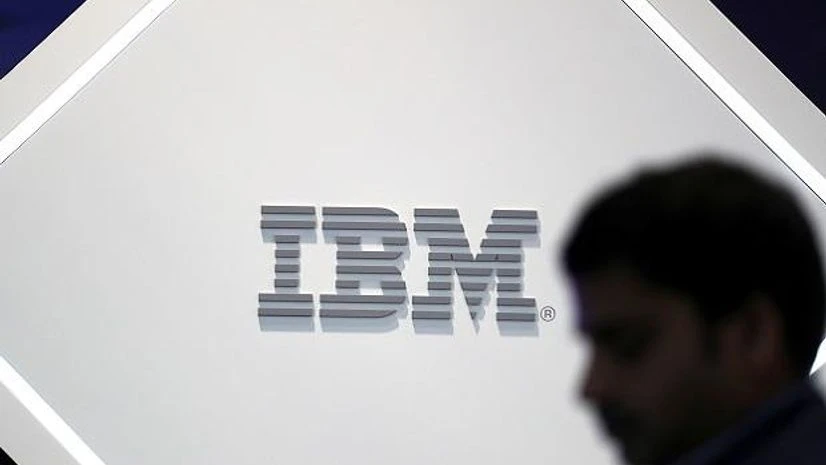IBM India announced a collaboration with the Nagaland School Education department to introduce digital powered training in more than 250 secondary and higher secondary schools across 15 districts in the northeastern state.
The programme IBM Stem (Science, Technology, Engineering and Math) for Girls programme aims to provide 21st-century skills to more than 12,000 girls, a statement said on Thursday.
"The curriculum will align and supplement the state's efforts towards quality education. This programme will help enable more than 12,000 girls studying between 8th to 10th grade with access to digital fluency, coding skills training, 21st-century skills, including life and career skills," officials said.
The IBM Stem for girls programme, currently running in 12 states that include Karnataka, Andhra Pradesh, Telangana, Haryana, Punjab, Rajasthan, Gujarat, Odisha, Assam, Bihar, Uttarakhand, and Nagaland.
The collaboration is part of a three-year programme between IBM and Nagaland government, with the QUEST Alliance and YouthNetas an implementation partner, to increase the participation of girl children and women in STEM careers.
The programme will also aim to empower nearly 1,400 teachers in the participating schools to engage and train students on computational thinking,
The IBM STEM for Girls programme will help young learners become problem solvers. We hope that in the days to come, our children become job creators, and we nurture citizens who will be able to solve problems and think out of the box. We hope YouthNet, Quest Alliance and IBM continue the partnership for years to come," Kevileno Angami, Special Secretary, Government of Nagaland, said.
"With the expansion of our STEM for Girls programme in Nagaland, we have increased our footprint to 12 states across India. This is a part of IBM's ground-breaking commitment to provide 30 million people of all ages worldwide with new skills needed for the jobs of tomorrow by 2030," IBM India, managing director, Sandip Patel said.
(Only the headline and picture of this report may have been reworked by the Business Standard staff; the rest of the content is auto-generated from a syndicated feed.)

)
